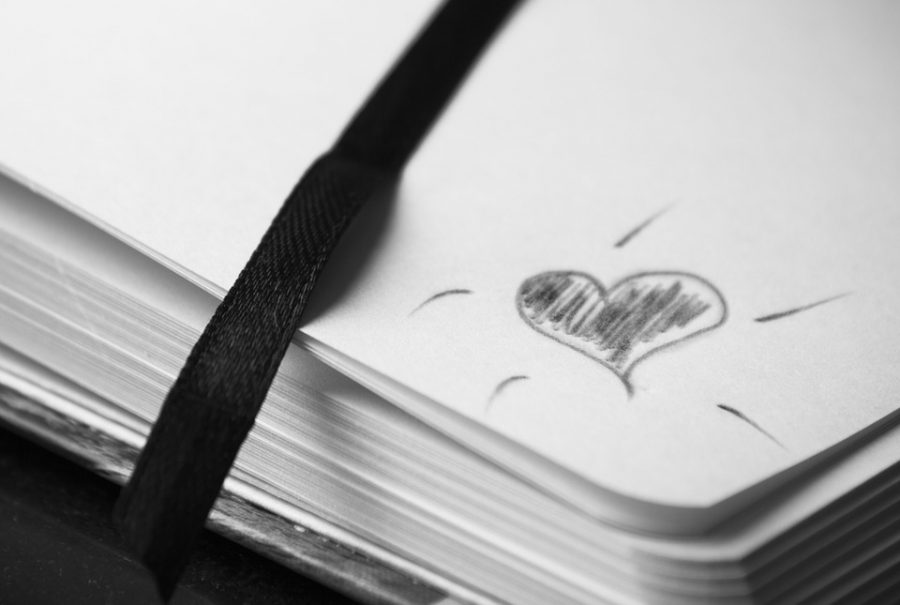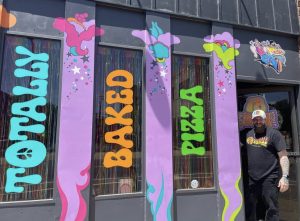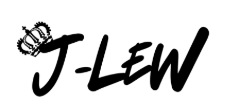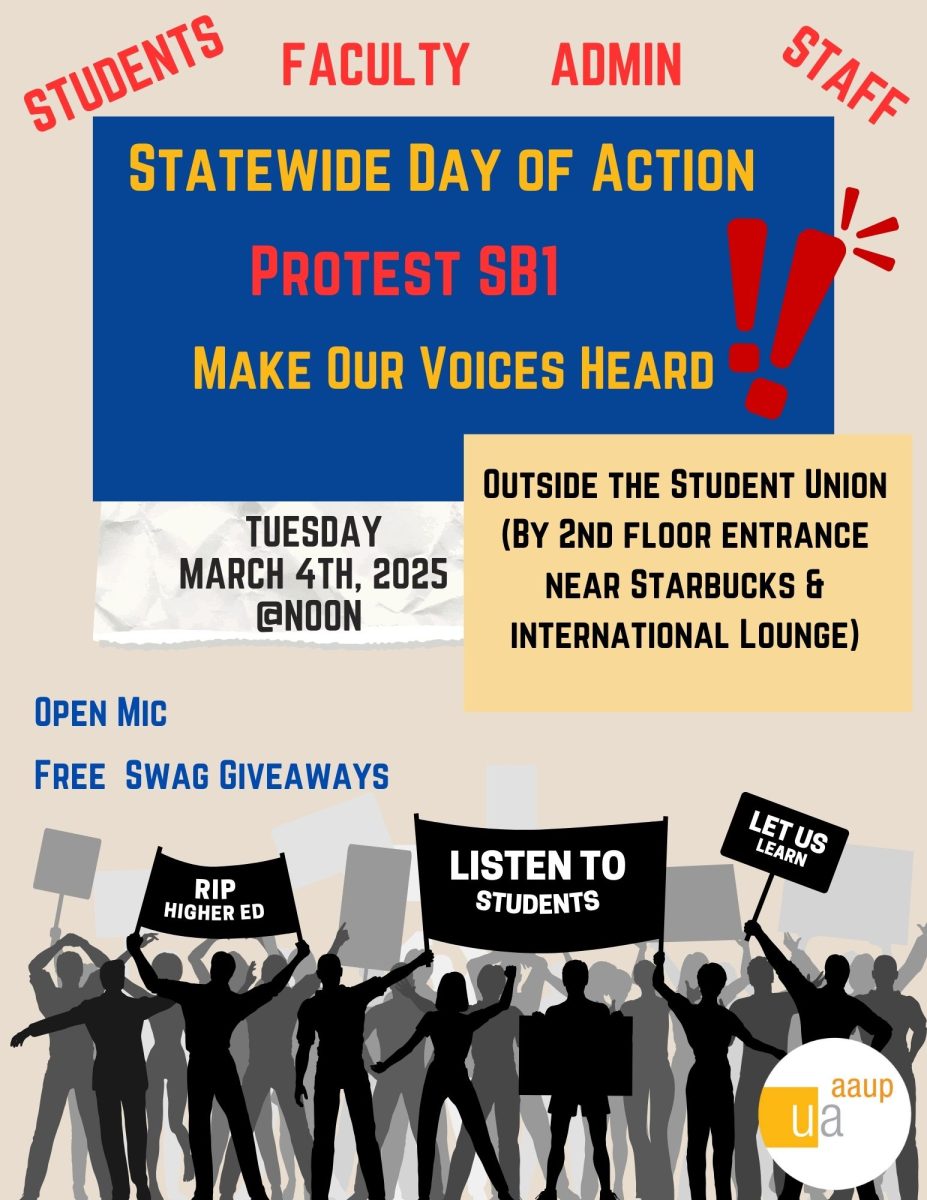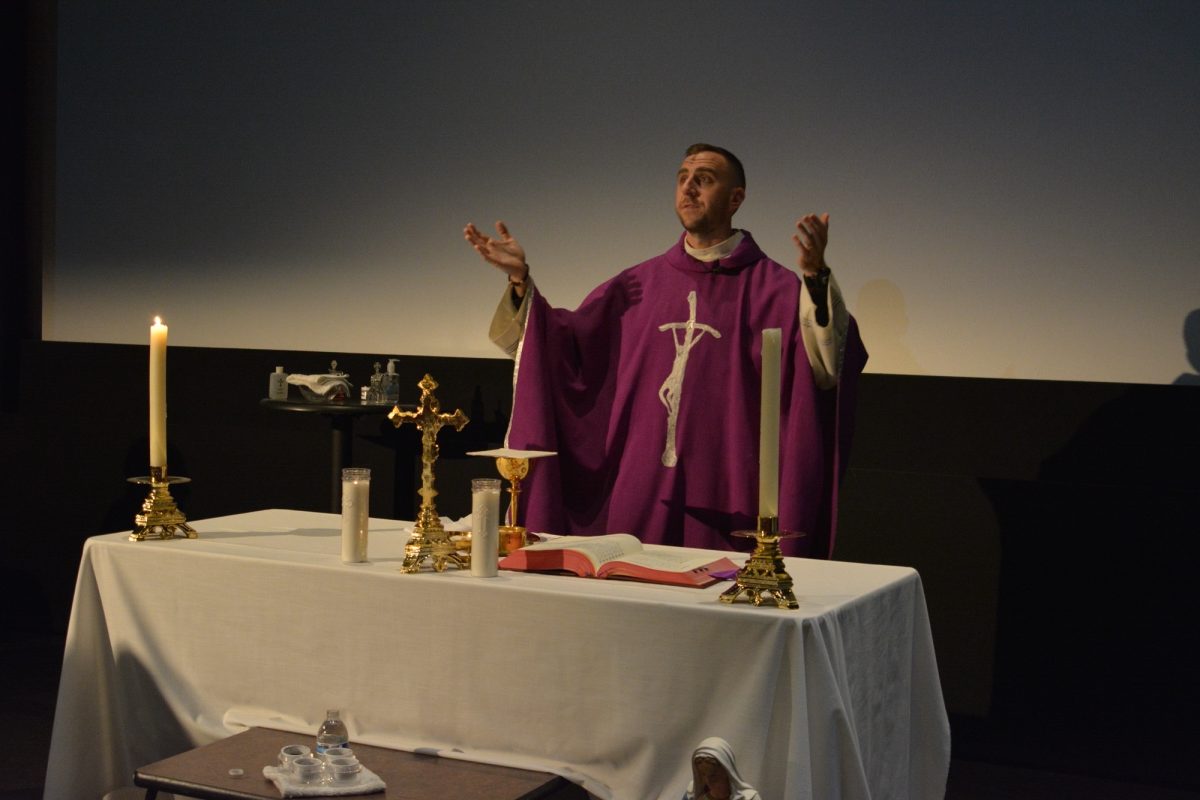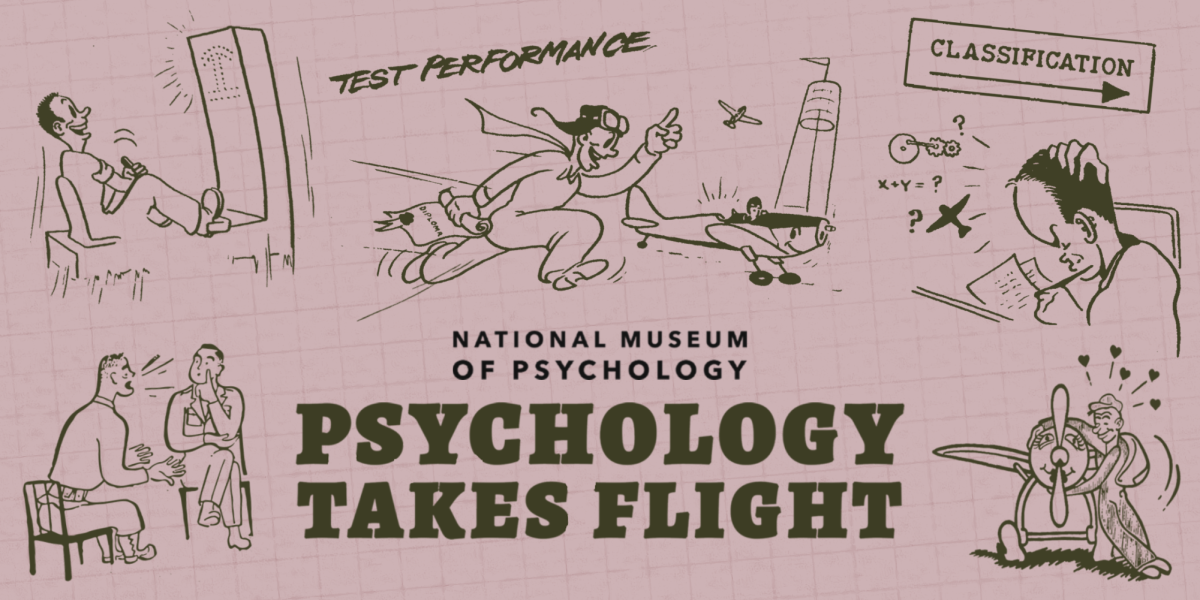Poetry for People Who Hate Poetry: Volume 1
‘Poetry for People Who Hate Poetry’ is a syndicated column by Ohio Poet Laureate Dave Lucas.
September 28, 2018
“I, too, dislike it.” -Marianne Moore, “Poetry”
But you don’t hate it.
At least that’s what I hope you’ll discover as you read this column.
I don’t want to convince you that you should love poetry. I want to convince you that you already do.
If you know by heart the lyrics to your favorite song, you already love one kind of poetry. You love another whenever you laugh at a joke or groan over a bad pun. The jargon of your profession and the slang you speak with friends are poetry. So are the metaphors we use to describe this world we all are trying to understand.
For instance, we are so immersed in poetry that to hate it would be like a fish-hating water.
Silly and inexact as it may be, that simile—this is like that—is a poetic gesture, a comparison that attempts to present an abstract idea in concrete terms. My metaphor might not be good poetry, but it’s still poetry.
Poetry is a name for the pleasure we take in the language we hear and speak, read and write. We savor words for their music as well as what they mean, the wonderful alchemy of their sound and sense together, even as we use them for the most mundane, practical purposes.
We find poetry in poems, of course—“Shall I compare thee to a summer’s day?”, “My soul has grown deep like the rivers”—but we find it elsewhere too.
In this column, you’ll encounter traditional and nontraditional poems alike. But I also hope that the words we will share, both in poems and about poems, can welcome you to the pleasures and challenges—the poetry—of words, wherever we find them.
Let me offer an example: I also teach a college course called “Poetry for People Who Hate Poetry,” from which this column has evolved. On the first day of class, we introduce ourselves: name, major, hometown, etc. But then I ask each student a strange icebreaker. What is your favorite word?
They hesitate. What an odd question. They look for the door. Just pick one, I tell them. It won’t be etched in stone; you don’t have to get it tattooed on you. So—if a bit suspiciously—they do.
“Serendipity,” they say. “Defenestrate.” They say “Home.” “Dream.” Their responses often divide them into two camps: some choose a word because they “just like the way it sounds.” Others select a word that holds some personal meaning for them in addition to its “dictionary definition.”
Readers of poetry tend to divide along similar lines, as the poet and critic James Fenton has observed. There are “those who, confronted with what appears to be like a code, insist that they must crack it, and those who are happy to listen to the spell, without inquiring too closely what it might mean.”
That “spell,” as Fenton calls it, was cast on all of us long ago. It is the spell not only of poetry but of words themselves. We love the way words sound; we are bound to them by what they mean.
Poetry happens—in metaphors or jokes or in poems themselves—at that place where sound and sense blur into each other.
We may not realize that we are under the spell of poetry, because poetry is made of ordinary language (if language can ever be ordinary). Some words we use to toast a wedding or to bless the dead; others we use to order a pizza.
Language is the medium of our speech and thought and being, so it is natural that we would take pleasure in it. It is also natural to take that same pleasure—not to mention its profundity—for granted.
Poetry indeed offers us pleasure, but it can offer much more than that. I believe that poetry can be a way of making meaning in our lives and of the lives of others.
We do this with words, even as words themselves remain a mystery. Stare at any word for a while, say it again and again to yourself, and it becomes a foreign language. Its meaning bleeds from it, and the word reclaims its original and utter strangeness.
“Every word was once a poem,” Ralph Waldo Emerson wrote in 1844. “Every new relation is a new word.” Emerson is being a bit poetic himself here, if not entirely obtuse. I think he means that, just as Adam and Eve named the animals in the story of the garden, so we find ourselves always in the act of trying to name our world.
Twenty years ago, the word bling was just a clever nugget of slang from a half-forgotten hip-hop song of the Eighties. Now, thanks to the Cash Money Millionaires and digital media, we find it in the Oxford English Dictionary, the definitive record of the English language. I can even type bling into Microsoft Word without worrying about the red squiggly line warning me of a spelling error. It is a part of speech, a kind of poetry.
If indeed poetry is a name for the pleasure of language, it is also a way of trying to name the world.
Simple sounds in the air or marks on a page become profound human comedy and tragedy, the scripts for our most beautiful and awful acts. These marks and sounds can be Hamlet and the Letter from Birmingham Jail; they can be Mein Kampf.
How those marks and sounds become so much more is a process of transformation that remains miraculous to me even now, some twenty years after first falling in love with poetry. They remain my way of making sense of my world, of myself and of you—stranger, reader, friend—too.
Not all of us read poems. Not everyone needs poems. I believe we all need poetry, though, because we need language. We need to communicate, and we need just as much the pleasure and meaning it can offer to our lives.
Some people find such meaning in their faith, in logic or science, in a career or a political ideology or some combination thereof.
I never found the meaning I needed in those places. I do find it in poetry, in the art of language itself. I find it when Walt Whitman writes “For every atom belonging to me as good belongs to you” or when Toni Morrison says “All water has a perfect memory and is forever trying to get back to where it was.”
This is why I want to share poetry with you in whatever form we might find it. I hope you will find some of it in reading this column. I hope you will find even more in listening to the words you hear and those you speak every day.
There and here, I hope you will find a kind of poetry that you can love, or even some that you have loved all along.
About the Poet
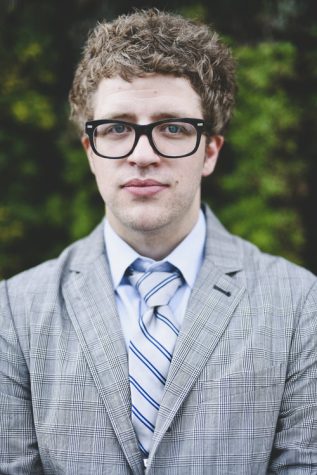
Ohio Poet Laureate Dave Lucas. (Image via Heidi Rolf)
Dave Lucas is the author of ‘Weather,’ which received the 2012 Ohioana Book Award for Poetry. Named by Rita Dove as one of thirteen “young poets to watch,” he has also received a Discovery/The Nation Prize and a Cleveland Arts Prize. In 2018, he was named the second Poet Laureate of the State of Ohio. A co-founder of Brews + Prose at Market Garden Brewery and Cleveland Book Week, he lives in Cleveland, where he was born and raised.


